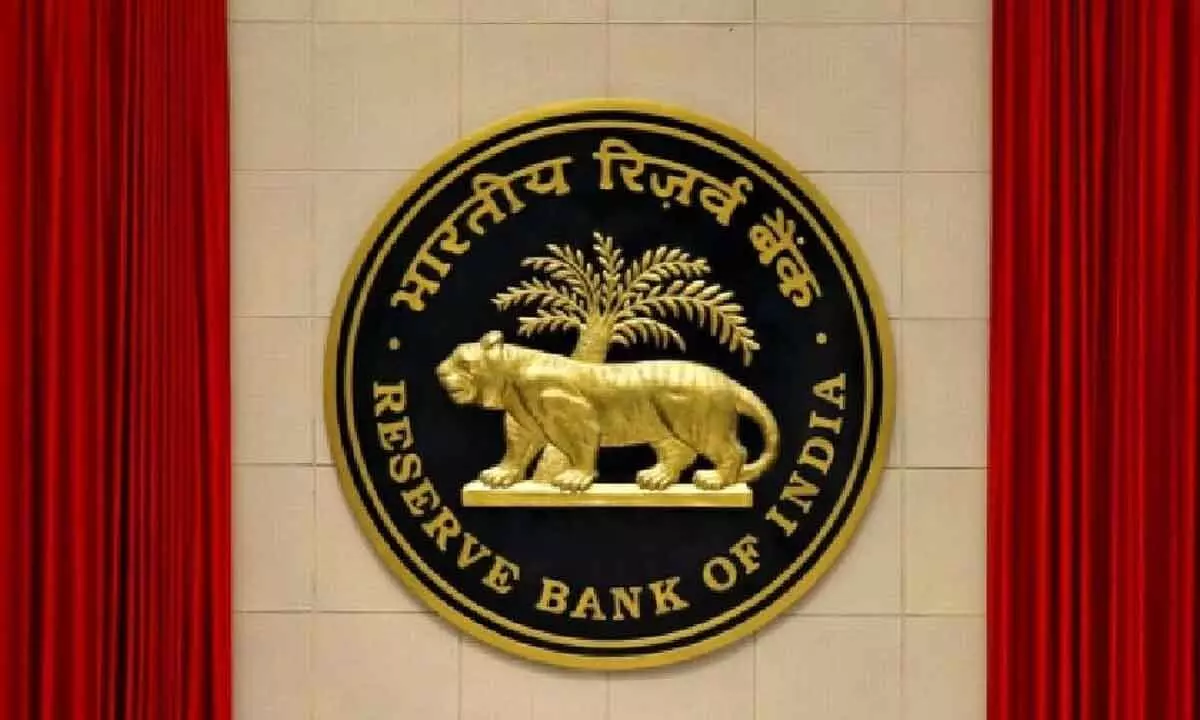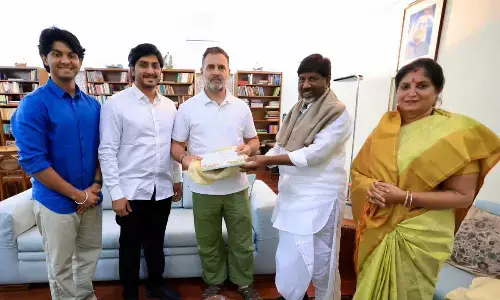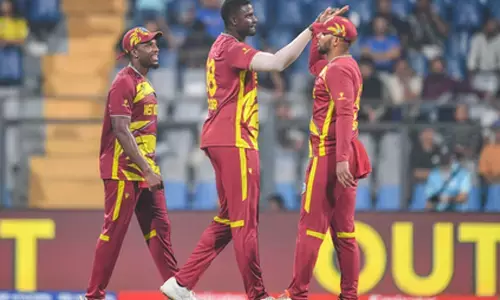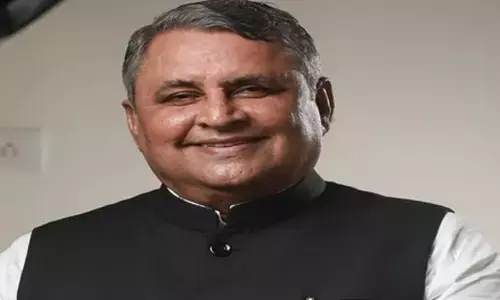90 Years Of Yeoman Service To Nation

Reserve Bank of India
Befitting the occasion of the Reserve Bank of India completing its 90th year in service of nation, Prime Minister Narendra Modi attended the celebrations in Mumbai on Monday.
Befitting the occasion of the Reserve Bank of India completing its 90th year in service of nation, Prime Minister Narendra Modi attended the celebrations in Mumbai on Monday. He spoke of nation’s trust in and recognition of the stellar services rendered since April 1, 1934 by the RBI which finds its place among the pre-eminent financial regulators in the world. Sir Osborne Smith took over the institution as its first Governor, with a mandate to maintain the country’s monetary stability. Its functions extended to currency issuance, banking services for banks and the government, and the development of rural cooperatives and agricultural credit.
After its nationalisation on January 1, 1949, the Reserve Bank saw its roles and functions expand steadily to put in place a robust financial system in the country. It even set up Deposit Insurance and Credit Guarantee Corporation of India, Unit Trust of India, Industrial Development Bank of India, National Bank of Agriculture and Rural Development, and Discount and Finance House of India, to name a few.
Twenty-six Governors including present Governor Shaktikanta Das oversaw the central bank’s functions, bringing under its ambit, one by one, monetary management, regulation and supervision of the financial system, management of foreign exchange, currency issuance, regulation and supervision of payment and settlement systems, and developmental roles. For the past few decades, particularly with the onset of revolutionary economic reforms in the country which unleashed India’s economic potential, RBI kept rising to the occasion, expanding its capacities to manage outflow and inflow of rupee and control money supply to keep inflation on the leash, ensuring currency’s exchange value at manageable levels etc.
Recently, the nation saw its banker on the back of a strong balance sheet provide liquidity support to the economy post Covid. It pumped into the system as much as $ 227 billion, roughly 9 per cent of the GDP. One of the most salient features of its contribution to the nation has been keeping eye on foreign exchange reserves, striving to raise them to meet import bills, with the result that India has around $642 billion in its forex kitty, enough to cover imports for up to one year, a far cry from the times of 1990s when India faced a balance of payments crisis and could hardly pay import bills for not more than 5 weeks. Rupee has since stabilised greatly and 18 nations including Nepal, Bhutan, Bangladesh, Sri Lanka, Singapore, Iran, UAE, Japan are keen to allow trade in the Indian currency. Russia has been accepting rupee for trade for the last two years since Ukraine war.
As for regulating the financial services sector, RBI has streamlined norms for not only reporting non-performing assets (NPAs) but also keeping them in check. Insolvency and Bankruptcy Code (IBC) has been of great help to the banks in cutting back on NPAs to less than one per cent. Now, most banks maintain a healthy capital adequacy ratio of 15-16 per cent. RBI also helped avert the collapse of Yes Bank and Lakshmi Vilas Bank and prodded PSU bank mergers for consolidation. New thrust at RBI has been on promoting digital payments. Currently, UPI accounts for a fifth of global instant payments. RBI’s latest move is to set up Digital India Trust Agency (DIGITA) to curb the operation of illegal lending apps.
PM Modi was all praise for RBI for its professionalism and commitment in paving way for vibrancy in Indian securities markets, stability in banking sector, lower volatility in rupee value etc. The nation joins him in proudly saluting such a hallowed institution, the enabler of market and economy par excellence.










